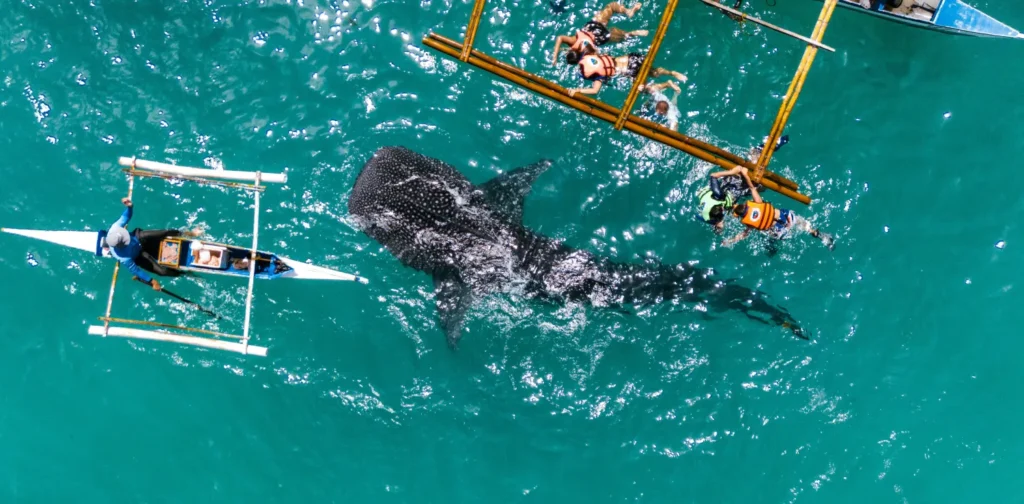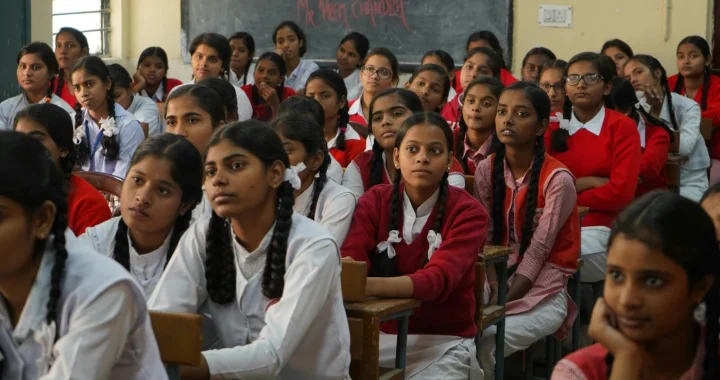Involving Local Fishers in Whale Shark Conservation

Photo by Mounish Raja on Unsplash
Protecting biodiversity on a warming planet is crucial for maintaining ecosystem balance. Each species has its own vital role to play, including whale sharks. Unfortunately, their population continues to decline, threatening the balance of the ocean ecosystem. So, whale shark conservation has become necessary, and involving local communities in the efforts is a crucial part of the strategy.
Whale Shark for Population Control
Whale sharks play a significant role in the marine ecosystem as top predators in the ocean. They help maintain balance in the food chain by regulating and controlling the populations of small fish, plankton, and algae. If there is an overabundance of any of these species, it can reduce the amount of sunlight and oxygen in the water, disrupting the balance of the ecosystem.
Whale sharks are now endangered. Over the past 75 years, their population has declined more than half due to massive trade and exploitation. As the whale shark population declines, prey species and smaller predator populations increase. This can lead to overconsumption by smaller predators that puts more strain on the ecosystem than it can sustain.
Fishers in Whale Shark Conservation
There are various initiatives from organizations, researchers, and others that contribute to whale shark conservation. Besides the experts, involving local communities, such as fishermen, is also crucial.
In Peru, researchers and conservationists have worked to change local perceptions of whale sharks by visiting fishermen’s homes and engaging them in discussions about the species.
As those who are closest to whale shark habitats, local fishermen frequently come into contact with these animals, especially during feeding seasons. Unfortunately, they often lack sufficient knowledge, which leads to fear and the mistaken belief that whale sharks mean to deliberately harm them by ramming their boats. In reality, whale sharks are harmless filter feeders.
Empowering local communities with the necessary knowledge and understanding results in their joining the whale shark conservation efforts. The local fishers have now become collaborators as they provide information to researchers about whale sharks’ appearances. Sometimes, they also join researchers at sea to further study the species.
Locals’ Participation in Biodiversity Conservation
It is important to recognize the role of each stakeholder in supporting biodiversity conservation efforts. Researchers, scientists, governments, NGOs, Indigenous Peoples, and local communities all have unique, significant potential to contribute. Good practices in conservation programs that involve local communities, like the fishers in Peru, show positive results.
Therefore, the dissemination of knowledge to local communities living near the habitats of conservation species is a good first step. This involvement helps avoid human-wildlife conflicts and ensure their participation in conservation efforts for balanced ecosystems that benefit the planet and all creatures within.
Editor: Nazalea Kusuma

Co-create positive impact for people and the planet.
Amidst today’s increasingly complex global challenges, equipping yourself, team, and communities with interdisciplinary and cross-sectoral insights on sustainability-related issues and sustainable development is no longer optional — it is a strategic necessity to stay ahead and stay relevant.
Dinda Rahmania
Dinda is an Assistant of International Partnerships at Green Network Asia. She holds a bachelor’s degree in International Relations from President University. As part of the GNA In-House Team, she supports the organization’s partnerships with international organizations, governments, businesses, and civil society worldwide through digital publications, events, capacity building, and research.


 India’s Supreme Court Declared Menstrual Health and Hygiene as Fundamental Rights
India’s Supreme Court Declared Menstrual Health and Hygiene as Fundamental Rights  Impacts of E-waste Pollution on Animals and Human Health
Impacts of E-waste Pollution on Animals and Human Health  Africa’s Solar Energy Surge: Why 2025 Was a Breakthrough Year
Africa’s Solar Energy Surge: Why 2025 Was a Breakthrough Year  Agrihoods: Integrating Farms and Urban Neighborhoods into Sustainable Communities
Agrihoods: Integrating Farms and Urban Neighborhoods into Sustainable Communities  Women in Waste Management: Asia’s Circularity Runs on Women. Its Policies Still Don’t
Women in Waste Management: Asia’s Circularity Runs on Women. Its Policies Still Don’t  Embracing the Business Value of Sustainability
Embracing the Business Value of Sustainability